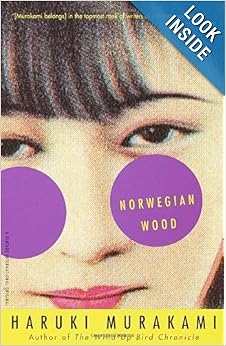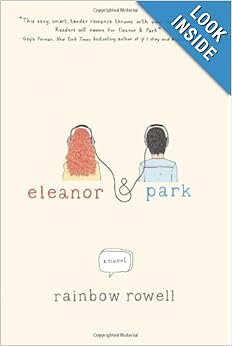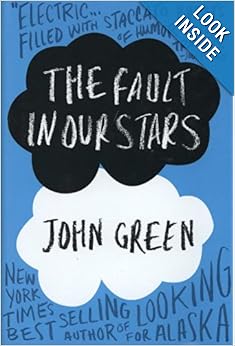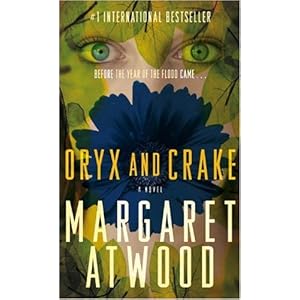I picked up this book on a whim for our trip to Bali. I'm glad I did and read it in about four days.
Admittedly, this book is a bit racy. It's the story, though, that pulled me in. Anna Benz is an expat living in Switzerland with her husband Bruno. They have three children and she is, as the title suggests, a housewife. From this, though, comes her discontent, her boredom, her isolation. A number of affairs leave her unsure of what to do next, and unsure of who she is, as if she feels increasingly separated from who she thinks she might be or should be.
This book is beautifully written. I felt compelled to read it with every turn of the page. I was still thinking of Anna's story long after the story ended. It made me think, it made me question, it made me reflect. I think I was trying to connect with Anna the whole time, and there were times I could, but it was both difficult and made me wary. I wanted to yell at her, at her stupidity, and I wanted to break down and cry with her, offering her a hug as though we were longtime friends. While the cover illustration makes it look lovely at first glance, Hausfrau is a sad and heart-wrenching story of a woman lost, one that played with my emotions and that I really enjoyed reading.



















